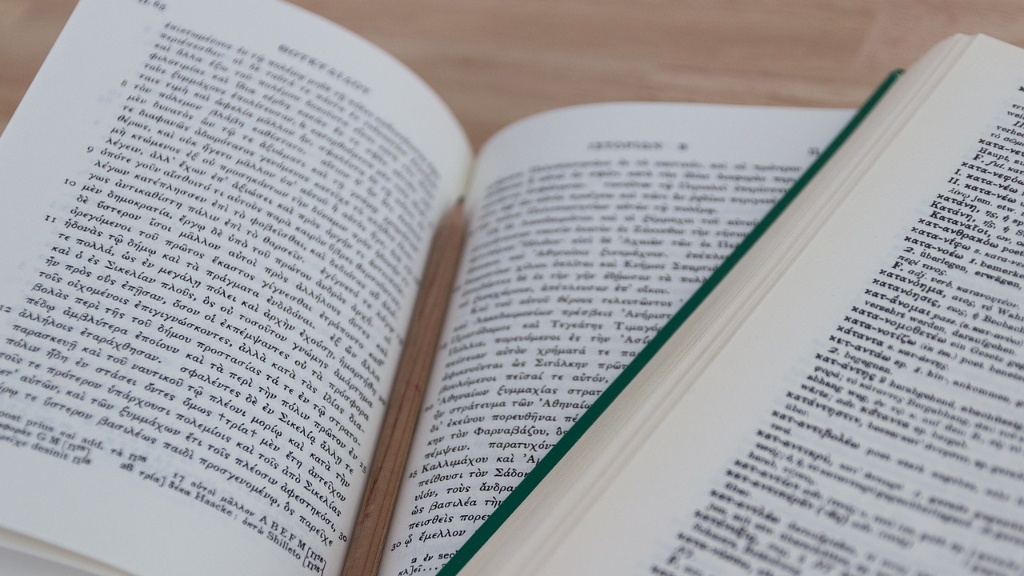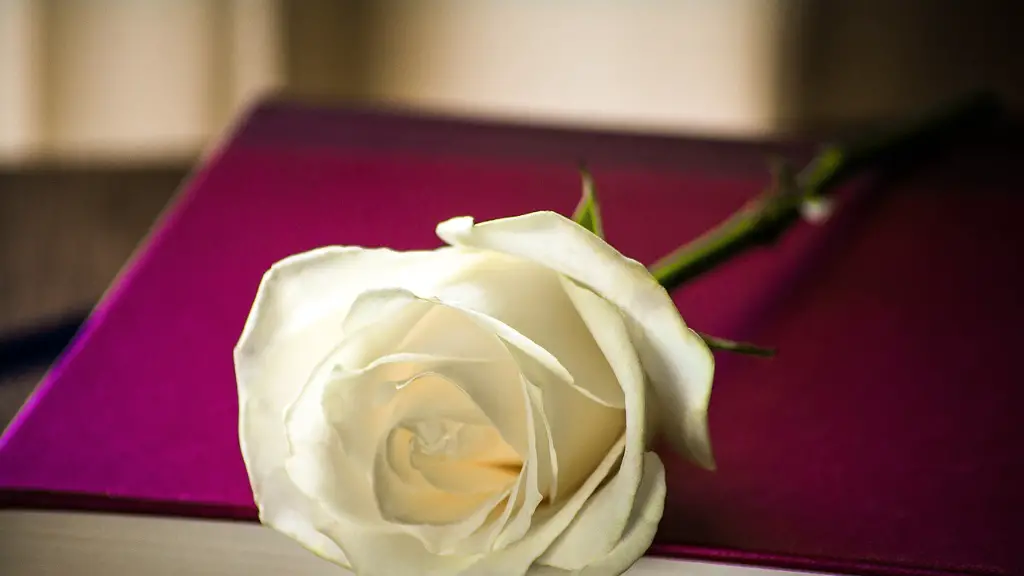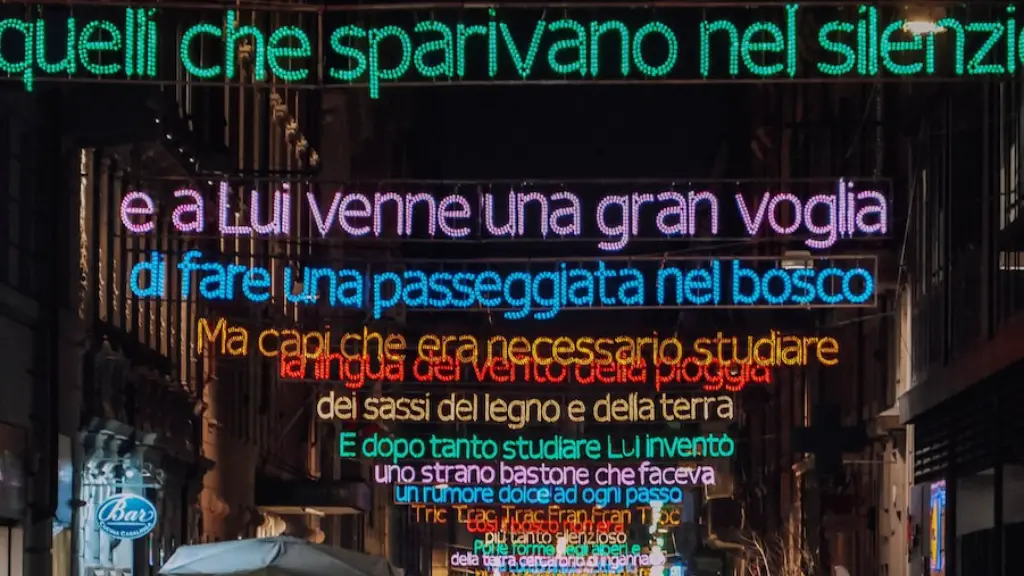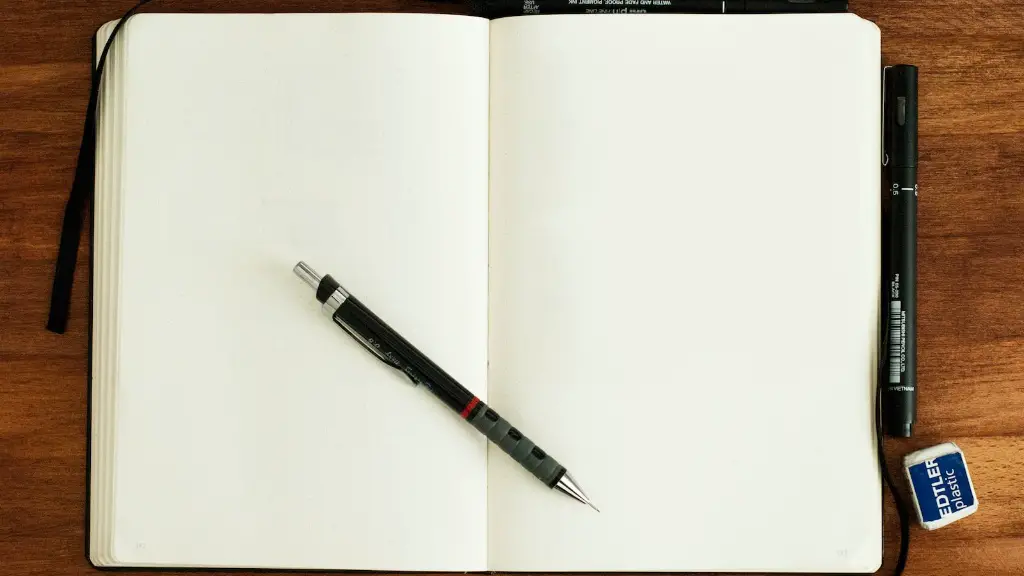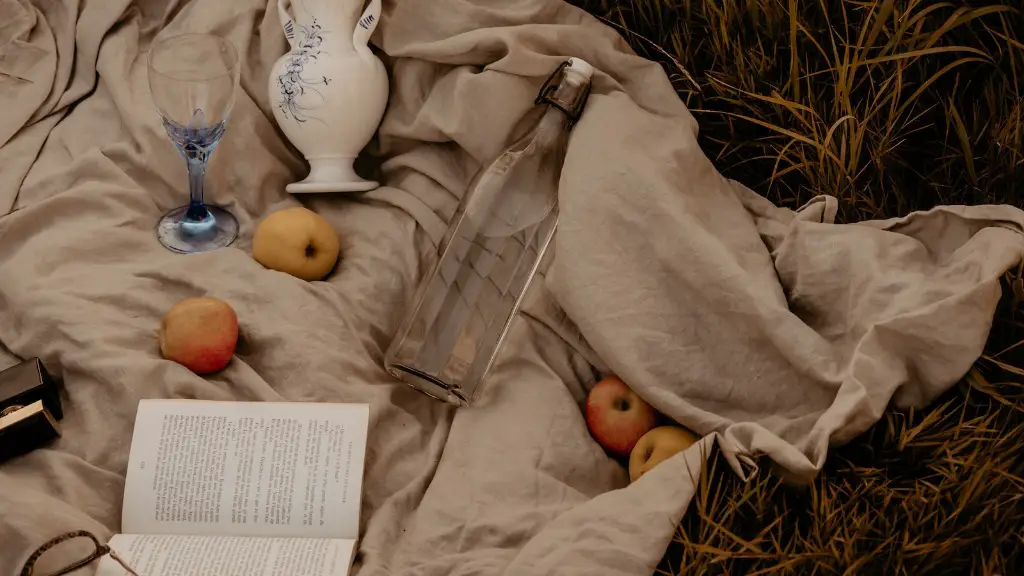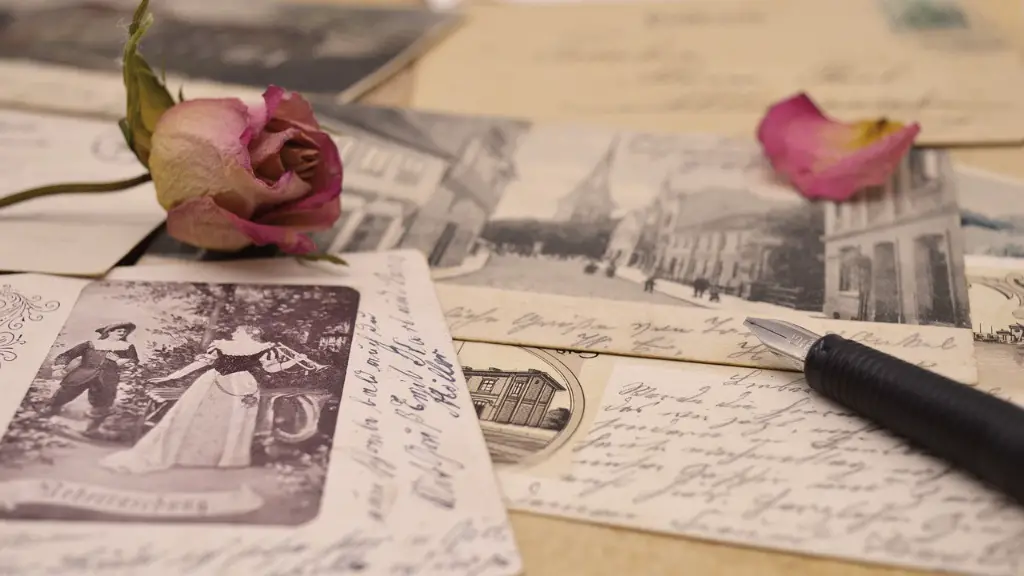Drama in Poetry
Poetry is often thought of as an art form of emotion and expression. One of the most expressive and creative forms of poetry is dramatic poetry. Dramatic poetry, also known as theatre poetry, is literature written in the form of a play or other stage performance. It often expresses intense emotions and explores complex philosophical, social, and cultural issues. It is written to be performed, and is designed to involve the audience in the action and evoke an emotional reaction.
Dramatic poetry is distinct from other forms of poetry in that it is written for the stage. It is not meant to be read silently or alone, but its meaning and impact can be most fully appreciated when it is performed with volume and emotion. The text of dramatic poetry often contains stage directions, which indicate to the actors how to act and when to speak their lines. When these directions are followed, the audience is able to visualize and experience the drama as the actor performs it.
Most dramatic poetry is written in the form of dialog. This allows the audience to observe the characters’ interactions and feelings in a way that more literal forms of writing can’t. This directness of dialog also allows the poet to develop complex relationships and explore complex themes. Dramatic poetry often explores grand themes like love, death, loyalty, and justice in a very direct and powerful way.
Since dramatic poetry is meant to be read and acted out, it inherently has a narrative structure. The narrator’s voice is often left out of the poem, allowing the dialogue between the characters to carry the story – often creating suspense and surprise for the audience. Dramatic poetry is often very effective in exploring social and political issues, as it can inspire the audience to think critically and put them in the minds of characters who may experience situations differently from them.
Dramatic poets often use elements of symbolism and satire to express their opinions and critiques of the world. They use language to create vivid images and explore abstract concepts. By combining these elements, dramatic poets are able to provide a commentary on society that has power and staying power.
Performance and Reception
Dramatic poetry is written for the stage, and so it is vital that it is performed well. Actors are expected to put on their best performance to make the poet’s statement memorable. Skilled actors are aware of the nuances of language and the need to capture the mood and emotion in the text. Similarly, having the audience pay attention and be moved by the performance is essential. Well-crafted dramatic poetry can capture the attention and emotions of the audience, leaving them in a state of wonder and awe.
When a performance of dramatic poetry is successful, it can inspire audiences to think about the bigger picture. Those who are able to interpret the deeper meaning in the text will be more moved by the performance and better understand the poet’s intentions. To make a successful performance, actors and audiences must be in sync to deliver the intended message.
The reception of dramatic poetry is also important. It can make or break a performance, as the audience’s reaction will determine how effective the poem’s message is received. Audiences often judge performances on their entertainment value, but they can also pay attention to the deeper meaning of the text. It is essential that the actors recogniese this and strive to deliver a meaningful performance that portrays the poem’s emotion and expresses the intended message.
Styles and Genres
There are various styles and genres of dramatic poetry. Some have been around for centuries and have been practiced extensively, while others have been only recently developed. Whether classical or modern, all dramatic poetry shares the same basic elements, such as dialogue and symbolic words and images.
Classical texts often take the form of tragedy, comedy, and satire. These styles often explore complex themes and emotions, such as love and loss. Modern dramatic poetry is often more daring and unconventional, as it can take the form of poetic monologues, rap battles, and improvisational performances. Some modern styles are primarily used in theatrical performances, while others are written to be read silently or performed only orally.
Even within the same style, there is great variety in the types of dramatic poetry that can be performed or written. For example, tragedies can range from the ancient Greeks to Shakespeare to modern tragedies, comedies can be lighthearted or dark, and rap battles can be about any subject imaginable. Different types of dramatic poetry can be used to express different points of view and explore a variety of issues.
Writing Dramatic Poetry
Writing dramatic poetry can be a challenging yet rewarding experience. The poet must understand the elements of drama, such as dialogue and setting, and be able to confidently express emotions and ideas without relying on a narrator. To write effective dramatic poetry, the poet must be able to create vivid imagery that sparks the reader’s imagination and brings the poem to life. Several drafts may be necessary to perfect the poem, as the words and flow are essential. Additionally, the poet must have an understanding of the audience and be able to craft a piece that will engage and involve them.
The best way to learn to write dramatic poetry is to read and study the works of other poets. Examine their word choice and use of dialogue. Experiment with different styles and forms until you find something that works for you. Learning from successful poets can help you hone your craft and create powerful, meaningful pieces of poetry.
Publication and Distribution
As with most art, getting your dramatic poetry out there can be difficult. Unlike more traditional forms of writing, dramatic poetry needs to be seen and heard to fully appreciate its power. Publishing and distributing it can be tricky, as it must reach an audience who will be interested in and willing to spend money to watch or listen to it.
Social media has become an invaluable tool for poets who want to find an audience and showcase their work. Sites such as YouTube and Instagram are great ways to promote dramatic poetry and build an audience. Once a poet builds a following, they may be able to attract the attention of theatrical institutions and get their work published or performed in other venues.
Other methods, such as pitching to literary companies, self-publishing, or crowdfunding, can also help reach a wider audience. Word of mouth is still one of the most effective ways to get your work out there and build a following. Getting friends and family involved can be a powerful way to spread the word and help share your work with others.
Evolution of Dramatic Poetry
Dramatic poetry has evolved over the centuries and is constantly changing and adapting. From the ancient Greeks to Elizabethan England, to the digital age, poets and performers around the world have contributed their own unique styles and interpretations of this genre.
In recent years, dramatic poetry has been used to explore social issues and serve as a voice for those who are not heard. The power of dramatic poetry is in its ability to move an audience and inspire change. Poets are finding new and innovative ways exploit the strengths of this genre in order to spread a message.
The future of dramatic poetry is exciting and uncertain. Will it continue to evolve or will it take a new form? Whatever the answer, one thing is certain, the power of dramatic poetry will remain strong as long as it is embraced, written, and performed with passion and intention.
Conclusion of Meaning
At its core, dramatic poetry is a powerful art form that communicates emotion and meaning in a way that other forms of writing cannot. It is a genre that has evolved over time and has become increasingly more complex and nuanced. There is great variety in the styles and forms of dramatic poetry, and there is always room for new interpretations and experimentation.
When a performance of dramatic poetry is successful, it can move an audience and inspire them to think about the bigger picture. It is a genre that has the potential to entertain and provoke thought, make a statement, or raise awareness about an issue. Those who appreciate its power are sure to be rewarded with an experience worth repeating.
